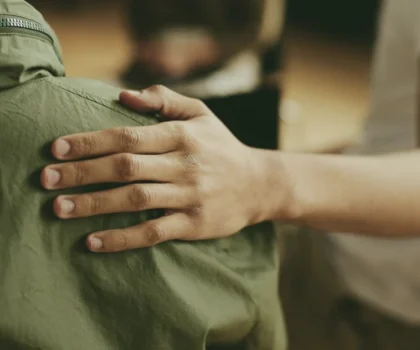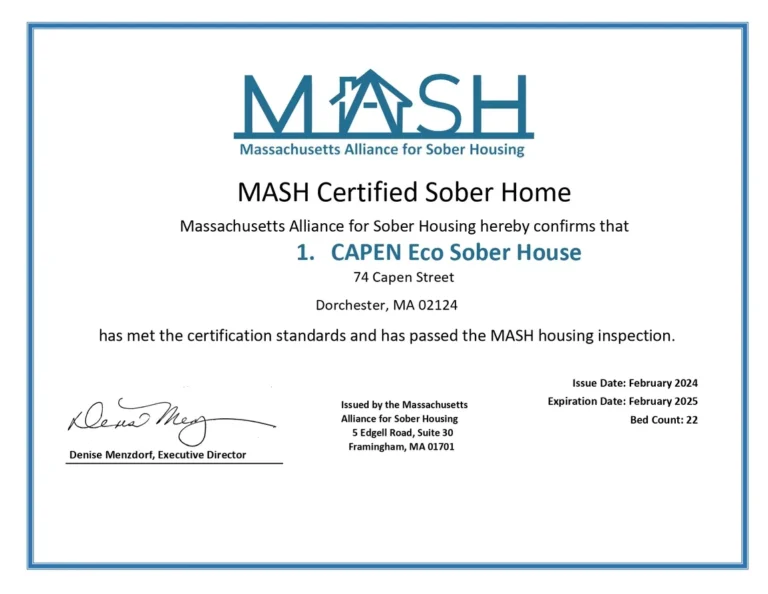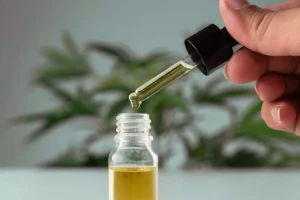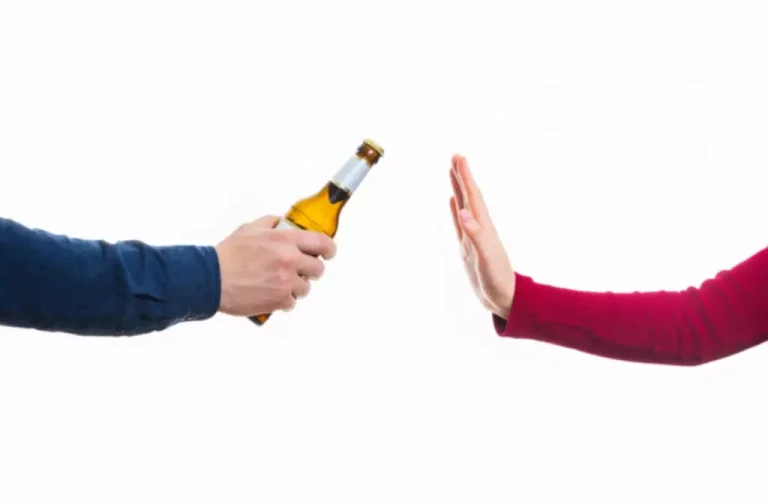Why Alcohol Causes Dehydration and How to Prevent It

As MedlinePlus points out, calories from alcoholic beverages can add up quickly. Unfortunately, alcohol isn’t a significant source of any micronutrients, which means you won’t get any health benefits to go with all of these calories. Nutritionally speaking, it’s best to limit alcohol consumption as much as possible. Replenish fluids and minimize alcohol dehydration symptoms by drinking at least one glass of water for each alcoholic drink you consume. Consuming alcohol while dehydrated will just make dehydration worse. The diuretic effects will cause your body to lose water faster due to increased urination.
- If your pancreas and liver don’t function properly due to pancreatitis or liver disease, you could experience low blood sugar, or hypoglycemia.
- It impairs your kidneys’ ability to filter blood and makes them work harder.
- Some of us are more resilient to the effects of alcohol than others, but we should all know our limits.
- Drinking alcohol can dehydrate you, and it’s one of the main reasons you can get a hangover.
Does Dehydration Cause Hangovers?
Alcohol is a diuretic, which means it moves fluid out of your body and can easily dehydrate you. Not only is staying well-hydrated key to your long-term health, but it can also help you avoid uncomfortable hangover symptoms. For example, exercising while drinking can lead to greater dehydration due to increased sweating. Similarly, taking certain medications, such as diuretics or antihistamines, can exacerbate alcohol’s dehydrating effects. When you drink alcohol, your body produces more urine than usual. This is because alcohol suppresses the release of an antidiuretic hormone (ADH) that normally helps your body retain water.
Preventing Dehydration From Drinking
Understanding how consuming alcohol leads to increased urination requires an understanding of ADH. ADH stands for antidiuretic hormone (also known as vasopressin). When the human body senses it is getting dehydrated, the pituitary gland produces ADH to reduce urination. Alcohol-induced dehydration is more likely to occur if an individual drinks alcohol on an empty stomach or does not drink enough non-alcoholic fluids while consuming alcohol.
How to Avoid Alcohol Dehydration

Alcohol convinces the pituitary gland that ADH shouldn’t be introduced into the situation, despite the alcoholic drink itself being made up largely of water. If you or someone else is experiencing these symptoms, seek immediate medical attention. Intravenous (IV) fluids may be required to stabilize you if you’re experiencing severe dehydration. When drinking alcohol, especially in hot weather, avoiding dehydration is critical.
“For some folks with medical conditions such as diabetes, they urinate a lot already based on blood sugar level,” Mieses Malchuk says. “Therefore drinking a sugary alcoholic beverage can make it worse and cause dehydration.” “The higher the alcohol content a drink has (or does alcohol dehydrate you is absorbed in your body), the greater the diuretic and dehydration effect.” When drinking alcohol, especially in hot weather, avoiding dehydration is very important. That margarita may seem refreshing but the added sugar creates an acidic environment in your body.
Should You Drink Water When You’re Drunk?
These effects may be more serious and more noticeable if you drink regularly and tend to have more than 1 or 2 drinks when you do. Past guidance around alcohol use generally suggests a daily drink poses little risk of negative health effects — and might even offer a few health benefits. People who binge drink or drink heavily may notice more health effects sooner, but alcohol also poses some risks for people who drink in moderation. So these salts are now more concentrated in the reduced volume of water that you have when you are dehydrated. Third, we humans seem to prefer to drink our alcohol in 10 gram lumps.

Here’s How to Really Avoid Alcohol Dehydration Symptoms

Heart palpitations are uncomfortable sensations caused by the heart beating. The heart may feel like it’s beating rapidly, slowly, or irregularly. Palpitations may come on suddenly or gradually, lasting from seconds to hours or even days. This product is not intended for use in diagnosing diseases or other conditions; determining or monitoring the state of health; or curing, mitigating, treating, or preventing any diseases. In another study, thirsty adults perceived a cold carbonated beverage to be more thirst-quenching than water. However, research is mixed on the hydrating effects of certain beverages.

One glass of liquor drunk slowly over the course of an evening will be less dehydrating than having several beers or glasses of wine during the same time frame. That said, the higher a drink’s alcohol content, the more of a diuretic it’s believed to be. When you don’t adequately replace this excess loss of fluids, you become dehydrated.
Consuming a meal containing plenty of healthy fats before drinking buffers alcohol absorption and allows more time to process and detoxify alcohol, which helps prevent dehydration. Consuming alcohol on an empty stomach causes rapid intestinal alcohol absorption, amplifying the dehydrating effects of alcohol. While drinking plenty of water is crucial to compensate for the fluid loss caused by alcohol, water alone will not hydrate you. Rehydrating after consuming alcohol helps alleviate dehydration and can reduce the likelihood of a hangover. Alcohol affects various physiological functions and interferes with urine production, fluid regulation, and electrolyte balance, all of which are crucial for maintaining proper hydration.
Blood Test Results
Monitor your fluid intake and how much urine you are producing. Large amounts of dark-colored urine could indicate dehydration. You’re likely to urinate 100 mL more for every standard drink you consume (10 mL of alcohol). If you binge drink, you’ll likely lose 500 to 1,000 mL of fluids, causing dehydration. Alcohol decreases the amount of ADH your body produces, making it harder to retain enough fluids.
comments Are Disabled